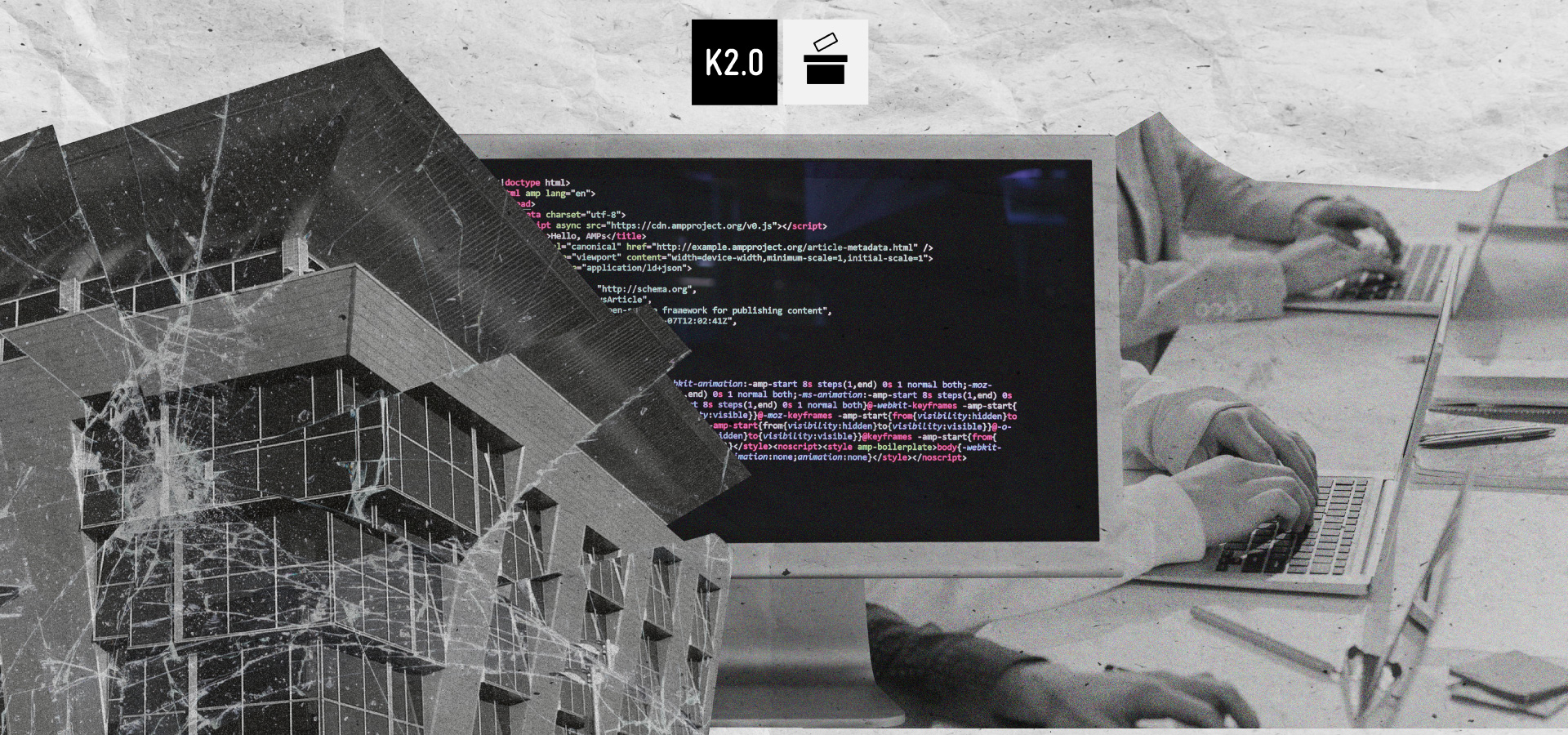
Political parties’ pledges on AI and ICT development
K2.0 analyzes election programs
&|05.02.2025
|
Digital Infrastructure
During its mandate, VV did not place particular focus on investing in or supporting the ICT sector, especially in terms of private sector development. A technology park was inaugurated, but it was a project initiated by previous governments. In October 2023, the Tech Park Prishtina was inaugurated in Bërnica — a 1.2 million euros investment through the Ministry of Economy.
This space was granted to the Kosovo Association of Information and Communication Technology (STIKK) for a five-year period to promote innovation and entrepreneurship in the technology sector. The idea behind Tech Park Prishtina is to foster collaboration between the private sector, government, civil society and academia, creating improved training and employment opportunities in the technology industry.
Meanwhile, a VV initiative aimed to support the education of girls and women in STEM fields within Kosovo’s public higher education institutions. To this end, the government allocated scholarships of 1,000 euros for STEM students, seeking to encourage greater participation in these fields.
However, unlike in the last two general election campaigns, VV has published a less detailed election program this time. In the chapter “Innovation and Technology,” only two paragraphs are dedicated to the topic, mentioning the creation of a digital currency and support for the ICT industry. The latter focuses primarily on infrastructure, proposing the design and construction of an ICT Tower as a public investment in the center of Prishtina, to support companies that successfully generate employment.
Examples of dedicated spaces for young people interested in ICT and AI have long existed in the region, such as the Pyramid in Tirana. TUMO, an innovation center in Tirana, was relocated to the Pyramid and officially opened in 2020 by the Municipality of Tirana, in cooperation with the Albanian-American Development Foundation. TUMO now provides digital skills education for children aged 12 to 18, offering them opportunities to develop their competencies in the digital world.
However, VV’s election program does not address how a similar space in Prishtina would be utilized, raising more questions than answers and making the proposal appear as little more than an unstructured idea. It also remains unclear how the proposed ICT Tower would differ from Tech Park Prishtina, which was inaugurated in 2023.
The same applies to the vague promise of support for spaces and facilities in major cities, which follows the mention of the ICT Tower but lacks any clarification on the purpose or functionality of these buildings and spaces.
Beyond the proposed ICT Tower, VV’s election program completely overlooks local companies that do not require additional facilities. It also doesn’t consider existing centers across the country, particularly in Prishtina, which have already established themselves as key hubs for young professionals in this field. One such center is the Innovation Centre Kosovo (ICK). ICK has been active since 2012, serving as a training hub in these fields, an incubator for AI-based start-ups and a key link between young people and the labor market.
VV’s election program also does not mention the digitalization of educational institutions at all. In April 2023, Prime Minister Albin Kurti announced the allocation of an 18 million euro budget over a three-year period for the purchase of digital equipment for schools. The digitalization of education was identified as one of the five main objectives in the Education Strategy 2022-2026.
The strategy outlines several key directions, including the creation of a comprehensive and centralized digital platform for the education sector, development of digital teaching materials for all levels and provision of educational institutions with high-quality internet access and technological equipment. Additionally, it emphasizes the promotion of digital competence among all stakeholders in education and establishment of institutional mechanisms to ensure successful implementation of digitalization.
Some of these initiatives, such as the digitalization of schools, have yet to be fully implemented. Although the project began in 2023, the approved budget for 2025 shows that a significant portion of the financial resources allocated for school digitalization has been carried over from 2024.

Gentiana Paçarizi
Gentiana Paçarizi is managing editor at K2.0. She has completed a master’s degree in Journalism and Public Relations at the University of Prishtina ‘Hasan Prishtina’.

Arian Lumezi
Arian Lumezi is a journalist at K2.0. He holds a master’s degree in International Journalism from Cardiff University, pursued through a Chevening scholarship.
This story was originally written in Albanian.